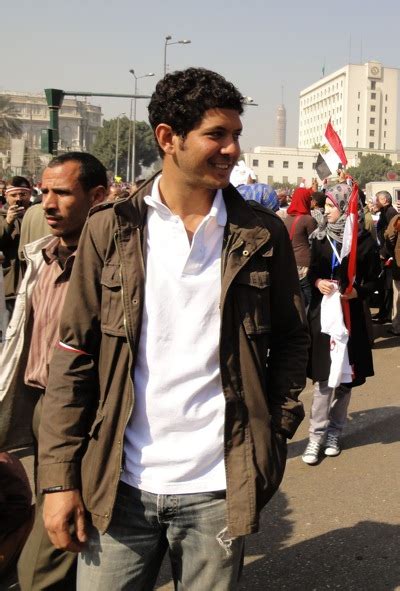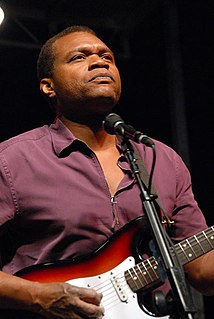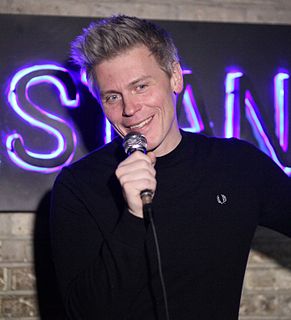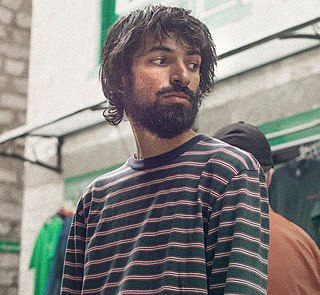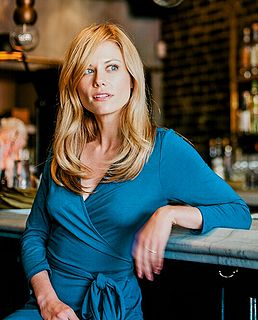A Quote by Nithya Menen
I wanted to do journalism, as I was an idealist. Then, in my second year of journalism, I realized that in real life, things don't work the way you expect them to. I realized that I could express my ideas better through films.
Related Quotes
I hated the culture, I hated the work. I very quickly realized that this wasn't what I wanted to do. So, after two years, I took some writing courses - I always loved to write - and I figured the only way I was going to get paid to write was in journalism. I really wasn't very involved politically with anything up until that point. Then I started reading about the second Palestinian Intifada, and I spoke to friends in activist and journalism circles. Then, somehow by complete luck, I ended up at Democracy Now.
I realized that I really, almost by accident, had fallen into a labyrinthine, very powerful paradigm for dealing with these things through genre films. And once I realized that and realized the power of it, and the fact that because horror films aren't, in general, studio products - studios back them sometimes, but they don't try to meddle too much, because they kind of don't want to sully their skirts - you have a lot of freedom.
Anyone who does investigative journalism is not in it for the money. Investigative journalism by nature is the most work intensive kind of journalism you can take on. That's why you see less and less investigative journalism at newspapers and magazines. No matter what you're paid for it, you put in so many man-hours it's one of the least lucrative aspects of journalism you can take on.
I wanted to be a playwright in college. That's what I was interested in and that's what I was moving toward, and then I had the lucky accident of falling in love with film. I was 19 or 20 that I realized films are made by people. Shooting digitally became cheaper and better. You couldn't make something that looked like a Hollywood film, but you could make something through which you could work out ideas. I was acting, but I was also conceiving the plots and operating the camera when I wasn't onscreen. I got very unvain about film acting, and it became a sort of graduate school for me.
I used to worry that I had a finite supply of ideas, that I should hold on to each of them in case it was the last. But then I talked to other cartoonists, and I realized ideas are cheap; you can have a million ideas. The tricky part is the follow-through: making good ones work, making the best out of the raw material!
My abject hatred of actors and the acting world. I went to college as an actor, and halfway through, I switched to playwriting and directing. Then I spent a couple years working in publishing, doing some freelance journalism for The Village Voice and Musician magazine. I thought my life was going to be as a writer, but then I realized I missed performing, so I got into comedy. It was a nice combination of things I was sort of good at. I was a pretty good writer and a decent actor, but I didn't really like acting, and I didn't have the discipline to be a writer.
I was in the journalism program in college and had some internships in print journalism during the summers. The plan was to go to Columbia University Graduate School of Journalism to learn broadcasting after I graduated. I was enrolled and everything, but ultimately decided that I could never afford to pay back the loan I'd have to take out.

